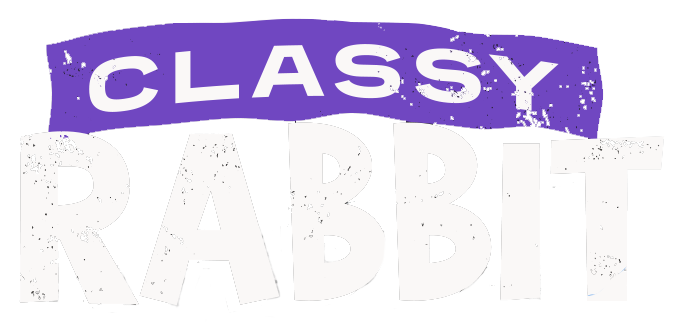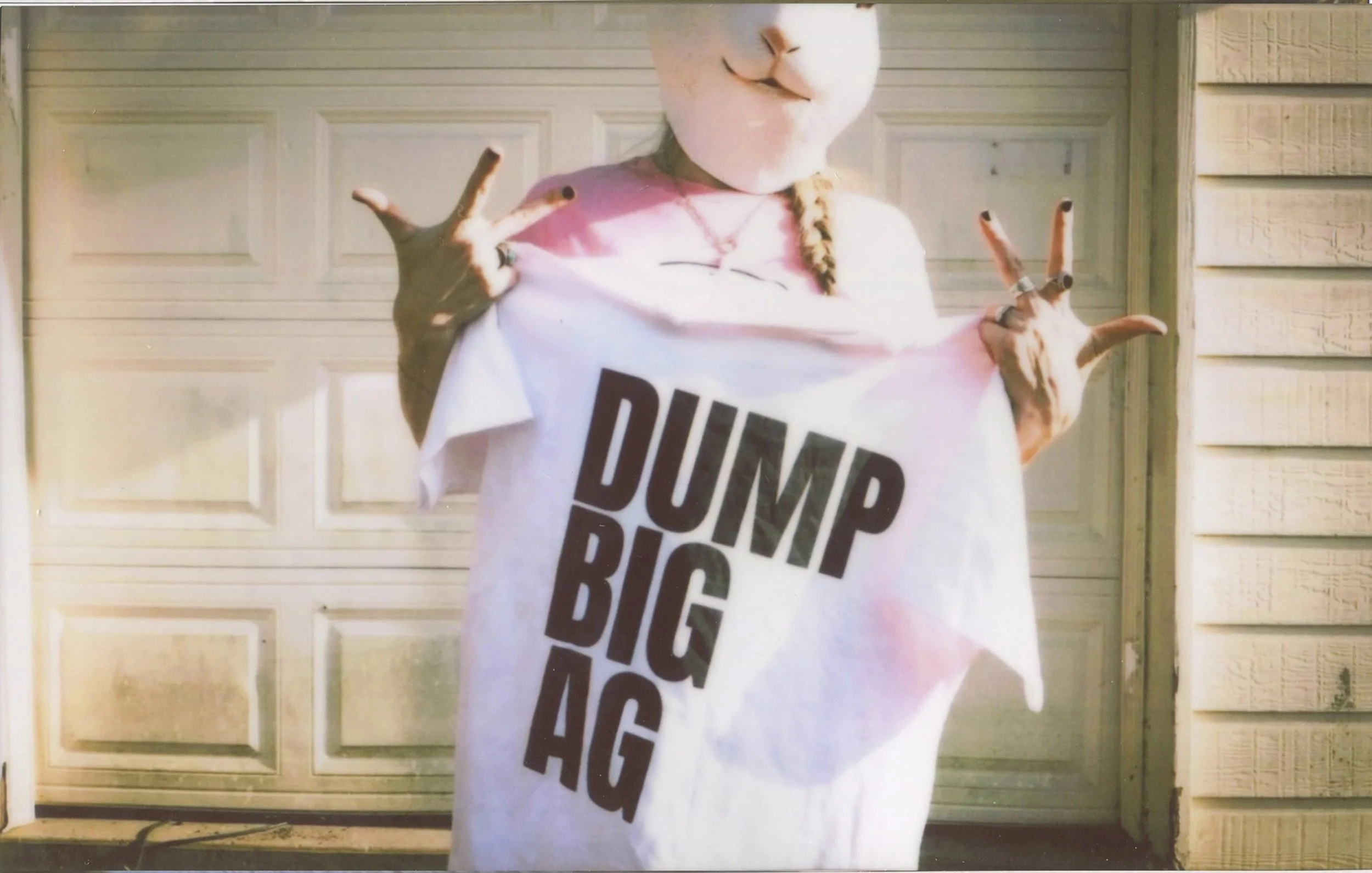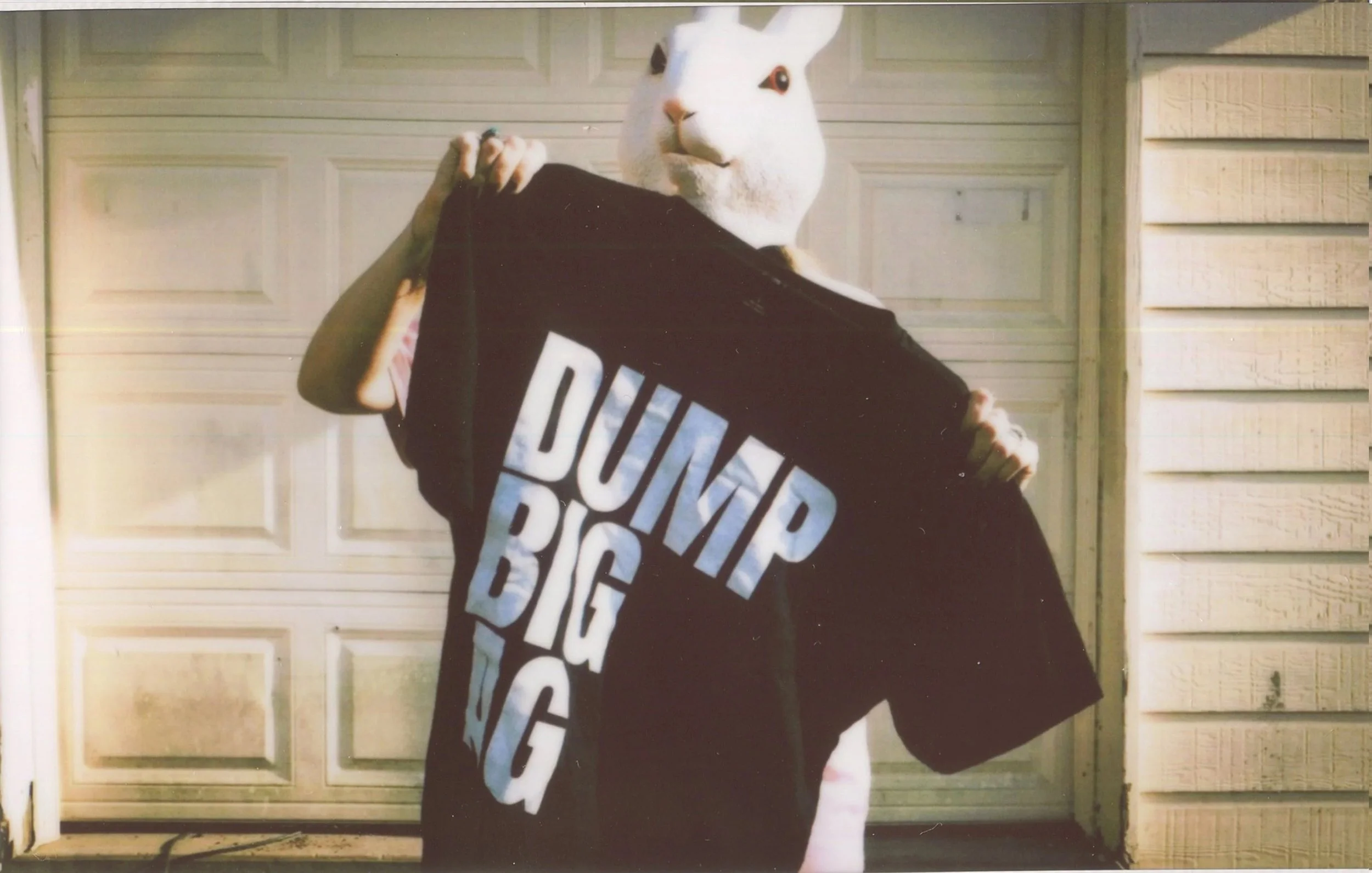Turns out people still read words on the internet. Weird, right? We figured we might as well join the fun—but on our terms. No SEO sludge, no 2,000-word manifestos. Just short rants, dirty truths, and other things we probably shouldn’t say.
Apparently, Blogging Is Still a Thing
Why We skip the “Organic” label bs pt.2
Sometimes I wonder if the people who slap “organic” labels on their products realize they’re just… paying rent on a word.
Sometimes I wonder if the people who slap “organic” labels on their products realize they’re just… paying rent on a word. Like, way to go bud, you bought the right to use a sticker. Hoorah!
If we wanted to play that game, we’d have to raise our prices too. Not because rabbit poop suddenly got fancier (spoiler: it’s still rabbit poop), but because somebody in a government office somewhere wants a check before you can call yourself “organic.” Imagine that. Your soil doesn’t change, your compost doesn’t change, your plants don’t suddenly sprout halos—but your price tag sure changes. Upward and onward, I guess.
To remind you:
“The organic label is a marketing tool. It is not a statement about food safety. Nor is ‘organic’ a value judgement about nutrition or quality.” – Dan Glickman
Translation: It’s just branding.
Wouldn’t you know it, CATO Institute doubled down:
“We shouldn’t be surprised by Glickman’s candor. If the industry did claim specific benefits for safety, nutrition, or quality, it would have to provide evidence to prove those claims to consumers and regulatory authorities.”
So the industry doesn’t make those claims—because they can’t. The label is smoke and mirrors.
Look, I’m not saying some of those other guys aren’t on the plus side of passable. What I’m saying is: people just want a solid, useful bag of soil. Why work so hard to dupe them with stickers and fees and loopholes? If your soil is good, it’ll speak for itself.
So there you have it, pay extra for the sticker if you want. Fund the bureaucracy. Keep the illusion alive. But don’t kid yourself—it’s not really farming, it’s paperwork cosplay. I like dress up as much as the next guy—actually I don’t—but you get what I mean.
Why We skip the “Organic” label bs
“Organic has become the yoga pants of the home gardening world—everyone’s wearing them even if they’ve never seen a yoga mat.”
Let’s get something straight: organic has never meant what you think it means. Not now, not back when the government slapped a shiny sticker on it. Even Dan Glickman—the USDA guy who rolled it out—admitted it: “The organic label is a marketing tool. It is not a statement about food safety. Nor is ‘organic’ a value judgement about nutrition or quality.” Translation? It’s a sales pitch dressed up as virtue.
That’s why we’ve never used it. We’re not here to play pretend. On our packaging we even say it out loud: “Organic has become the yoga pants of the home gardening world—everyone’s wearing them even if they’ve never seen a yoga mat.” Looks good in public, doesn’t mean much in practice.
Want proof? I once bought an “organic” bell pepper. Sliced it open. No seeds. Maybe it passed some checklist according to some government lab, but you don’t need a PhD in agriculture to know something’s off when nature forgets to do her job. Later, in my work as a policy researcher, I learned what I already suspected: “organic” is a loophole buffet. And guess who’s holding the plate? Not you.
Here’s the fine print: “organic” doesn’t mean pure. It means less poison than the non-organic stuff. That’s it. It’s the dietary equivalent of saying, “Don’t worry—this cigarette has fewer chemicals.” Congratulations, you’re still smoking.
So no, we won’t sell you a label. We’ll sell you poop. Because labels don’t grow plants. Carbon does. Soil does. Remember, kids: don’t trust your government—trust rabbit poop.





